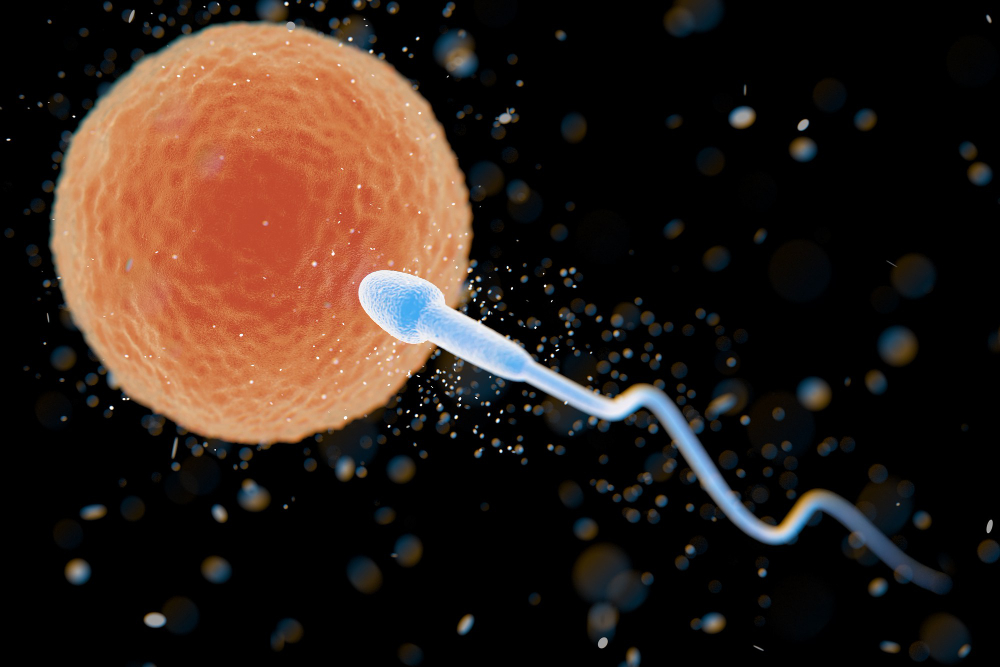Sperm Freezing

Sperm freezing, also known as sperm cryopreservation, is a method of preserving sperm cells for future use. It is commonly used in fertility preservation for various reasons, including medical treatments that may affect fertility, such as cancer therapy, or for individuals undergoing procedures like vasectomy. Sperm freezing allows individuals to store their sperm for later use in assisted reproductive techniques such as in vitro fertilization (IVF) or intrauterine insemination (IUI).
Process of Sperm Freezing:
Sperm Collection: The individual provides a semen sample through masturbation into a sterile container. In some cases, sperm can also be obtained through procedures like testicular sperm extraction (TESE) or epididymal sperm aspiration (TESA) if ejaculation is not possible.
Semen Analysis: The semen sample is analyzed to assess sperm count, motility, and morphology to determine the quality of the sperm.
Sperm Processing: The semen sample is processed in the laboratory to remove seminal fluid and concentrate the sperm.
Cryopreservation: The processed sperm is mixed with a cryoprotectant solution to protect the sperm cells during freezing and thawing. The sperm is then divided into small vials and slowly cooled to very low temperatures using a controlled freezing process. The vials are then submerged in liquid nitrogen and stored at temperatures around -196°C.
Reasons for Sperm Freezing:
Medical Treatments: Sperm freezing allows men undergoing treatments such as chemotherapy, radiation therapy, or surgery that may affect fertility to preserve their sperm before treatment begins.
Vasectomy: Men who undergo vasectomy but wish to preserve the option of fathering children in the future can freeze their sperm before the procedure.
Occupational Hazards: Individuals working in occupations with potential exposure to hazards that may affect fertility, such as radiation or toxic chemicals, may choose to freeze their sperm as a precautionary measure.
Considerations:
- Success Rates: The success of sperm freezing depends on factors such as sperm quality, the freezing and thawing process, and the duration of storage.
- Storage Fees: There are ongoing storage fees associated with sperm freezing, and individuals should consider the long-term costs involved.
- Ethical and Legal Considerations: Sperm donors must adhere to legal and ethical guidelines regarding consent, ownership, and future use of their sperm.
Sperm freezing offers individuals the opportunity to preserve their fertility and reproductive options for future family planning, providing reassurance and peace of mind during challenging circumstances.
